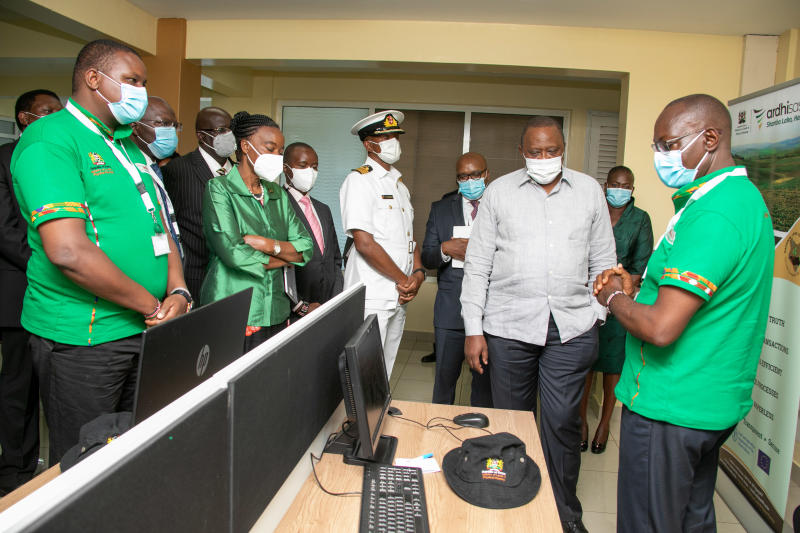×
The Standard e-Paper
Fearless, Trusted News

The era of missing files, misplaced title deeds and disinheritance by total strangers is poised to end, following the migration of all land ownership documents to the digital system.
Also to be uprooted are land brokers and secret barons who own huge swathes of land through proxies. At the click of a mouse, or swiping on a smartphone, an agent can link all pieces of land owned by an individual as well as all the other assets the person may have.